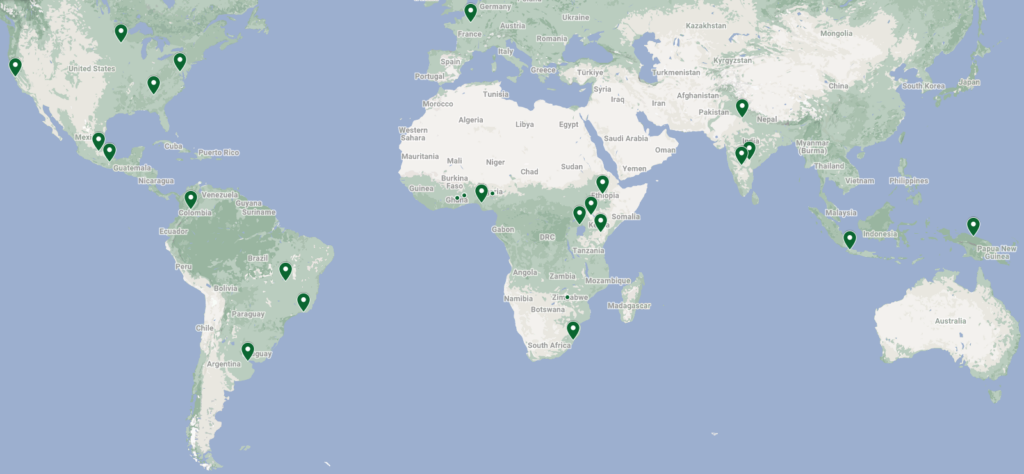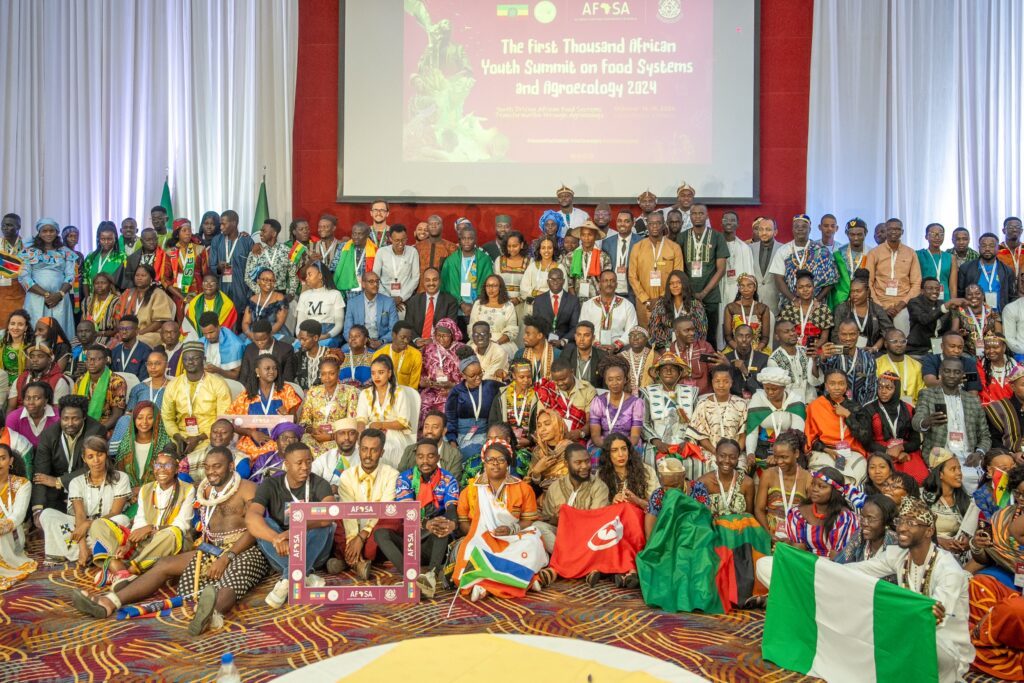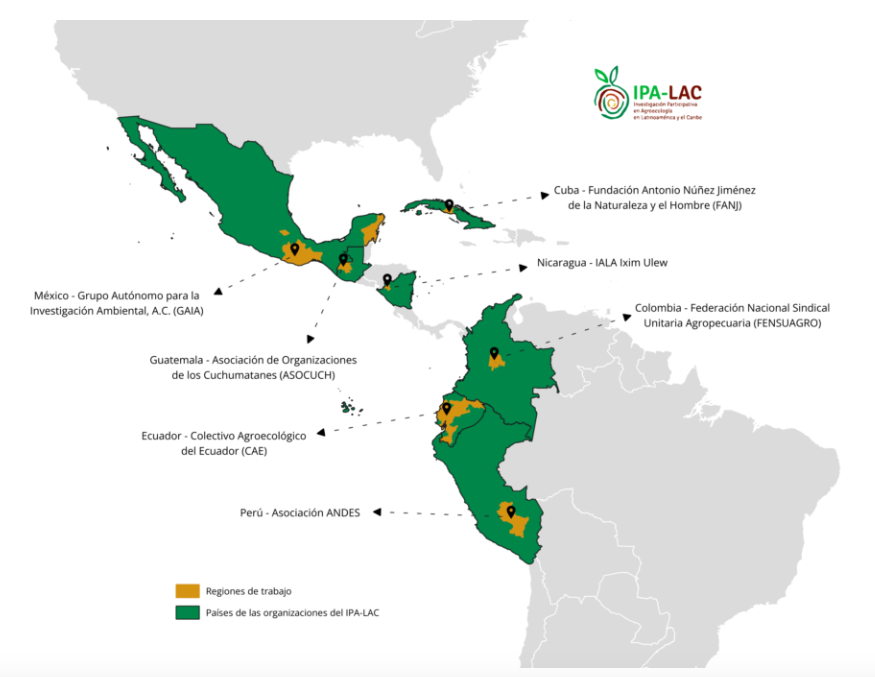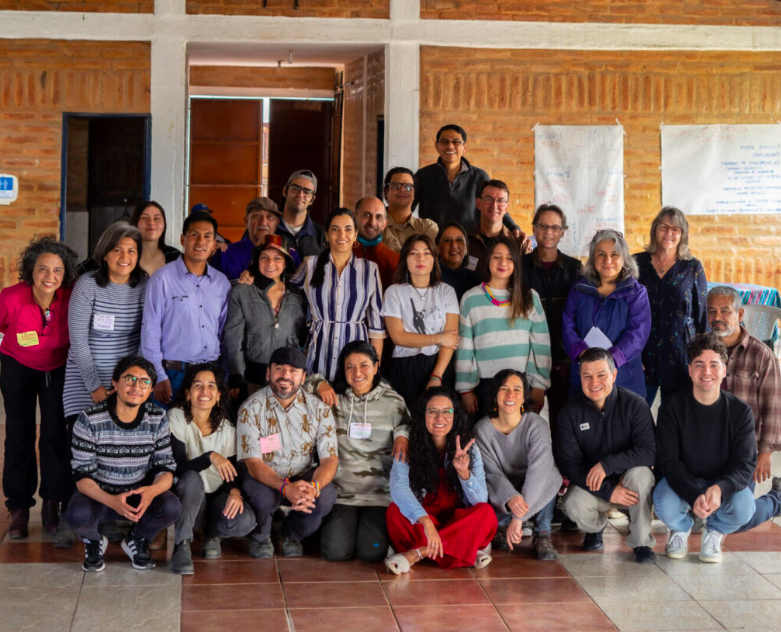What is evidence? Why is it important? Who ought to generate it for what purpose? These are just some of the questions answered by the Grassroots Evidence for Agroecology Initiative.
To counter industrial agriculture’s powerful claim that they feed the world, we need to present strong evidence that agroecology can be scaled as the foundation of sustainable and equitable food systems across the world. But what makes a compelling case and who ought to present it to whom, for maximum influence and effectiveness?
In 2020 at the Agroecology Fund Learning Exchange in India, the way to approach evidence building was a key topic of discussion among grantees, funders and allies. Three important messages emerged:
1. There is a need to develop a new narrative of what constitutes evidence;
2. The process of evidence gathering must be participatory and creative;
3. Participants recommended that Agroecology Fund should extend support to grantees for gathering and disseminating evidence for agroecology.
As a result of these conversations, Agroecology Fund partnered with Statistics for Sustainable Development(Stats4SD) in late 2020 to launch the Grassroots Evidence for Agroecology (GEA) initiative. Stats4SD is a not-for-profit, social enterprise that promotes better use of statistical methods for decision-making to benefit society and the environment. Throughout 2021 and 2022, four grantees volunteered to participate in the GEA pilot, receiving methodological support from Stats4SD. The GEA pilot tested and developed a process to support grassroots organisations’ efforts to build and communicate evidence to their target audiences and demonstrate their impact. During the pilot phase, participants developed four evidence-based cases:
*Two cases by Slow Food International and Slow Food Uganda;
*One case by Grupo Autónomo para la Investigación Ambienta (GAIA), Mexico;
*One by Centro de Desenvolvimento Agroecológico do Cerrado (CEDAC), Brazil.
The results from the pilot phase were shared in this report in early 2024.

In 2024, we also launched an online course in multiple languages to share the methodology. Enrollment remains open. The Agroecology Fund also opened an internal call for current grantees and awarded 15 small grants to support documentation and production of communication products. These grantees received methodological support of the Stats4SD team throughout 2024 . The resulting evidence-based cases were organized into an Online Catalogue, a platform for sharing evidence built from the grassroots perspective. The cases in this catalog were developed by grassroots organisations using a structured approach to turn their knowledge and experiences into compelling arguments for agroecology. By using rigorous evidence to support their claims, these cases aim to influence farmers, communities, donors, policymakers, researchers and consumers—key actors in the transformation of food systems.

On February 25, 2025 Agroecology Fund held a webinar to launch the online catalog and hear from grassroots partners from Asia, Africa, and Latin America, including grantee partners Asociación ANDES (Peru), ESAFF Uganda, and GRAVIS (India) about their experience in documenting and communicating evidence for agroecology more strategically. The launch event was attended by hundreds of people from across the globe and generated much attention and engagement. You can watch the recording here.

This collection is an evolving resource, and we invite more contributions from grassroots organisations working to build the case for agroecology. We encourage you to explore the cases, learn from their insights, and join us in strengthening the movement, the practice and the science that drives the quest for sustainable and just food systems. We extend our gratitude to the farmers, Indigenous communities, and grassroots groups whose experiences shape this work. Join us in sharing and building up the evidence for agroecology!



